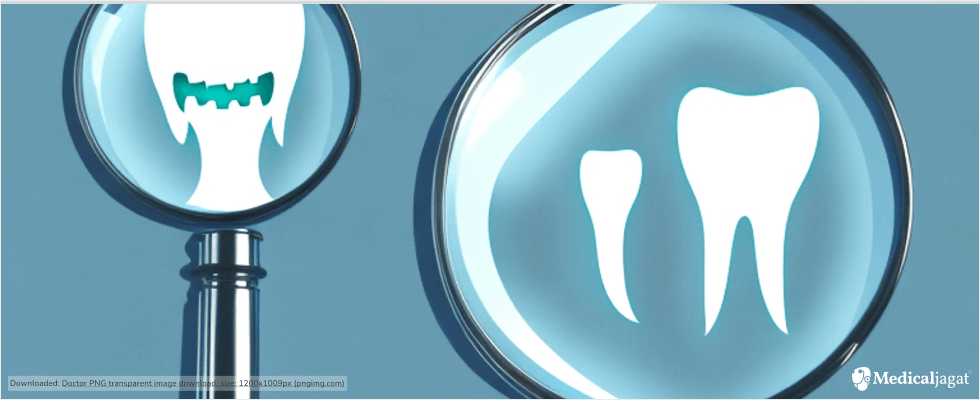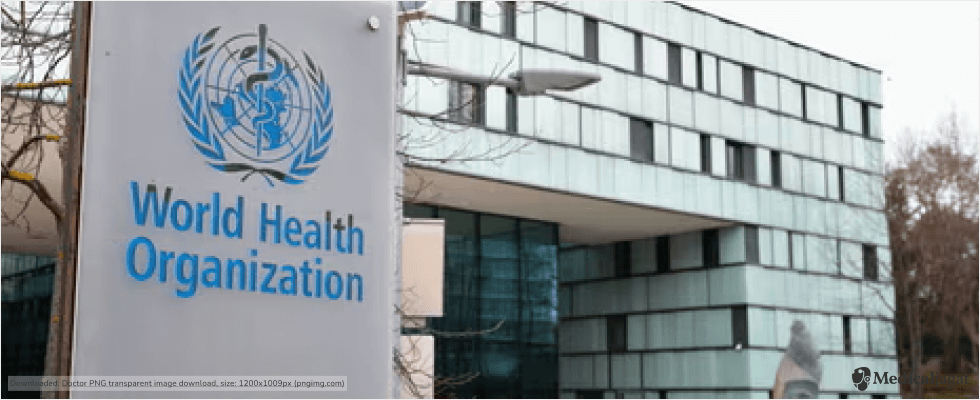
The FICCI-EY report underscores an urgent need to enhance cancer care accessibility in India, urging a national policy dedicated to cancer care with targeted funding for the six most prevalent cancers in the country. Insights for the report, titled "Road Map for Making Cancer Care Affordable and Accessible in India," were gathered over a year of roundtable discussions held in collaboration with the Ministry of Health & Family Welfare.
The report highlights that less than 30% of districts in India currently have access to comprehensive cancer centers, leading to significant healthcare inequalities. Official data shows nearly 20 lakh cancer cases in 2022, although the actual numbers may be 1.5 to 3 times higher. With cancer cases expected to reach 45 lakh within the next five to six years, the report calls for immediate action.
Dr. Harsh Mahajan, Chair of the FICCI Health Services Committee and Founder of Mahajan Imaging Labs, stated that the whitepaper serves as a “blueprint of action” for policymakers, healthcare providers, and communities to transform cancer care across India. He emphasized the need for broader preventive measures and accessible treatment options.
Srimayee Chakraborty, Partner in Healthcare Services at EY Parthenon India, pointed out the potential of private-public partnerships in fostering investment and innovation to improve cancer care accessibility and efficiency. Malti Sachdev of Siemens Healthcare highlighted that only 15% of women undergo breast cancer screenings, often due to fear and lack of awareness, adding financial strain on the healthcare system. She suggested India could look to models in countries like Korea and Japan, which prioritize outcome-based healthcare and cover a significant portion of cancer treatment costs.
The report recommends implementing a comprehensive national cancer care policy with dedicated funding for the top six high-burden cancers. This policy would cover all patient care stages, including diagnostics, medical, surgical, and radiation treatment. It also proposes updating government schemes to include top-up cancer coverage that increases benefits to 3-4 times the basic coverage, potentially improving access to advanced cancer treatments and patient outcomes.















